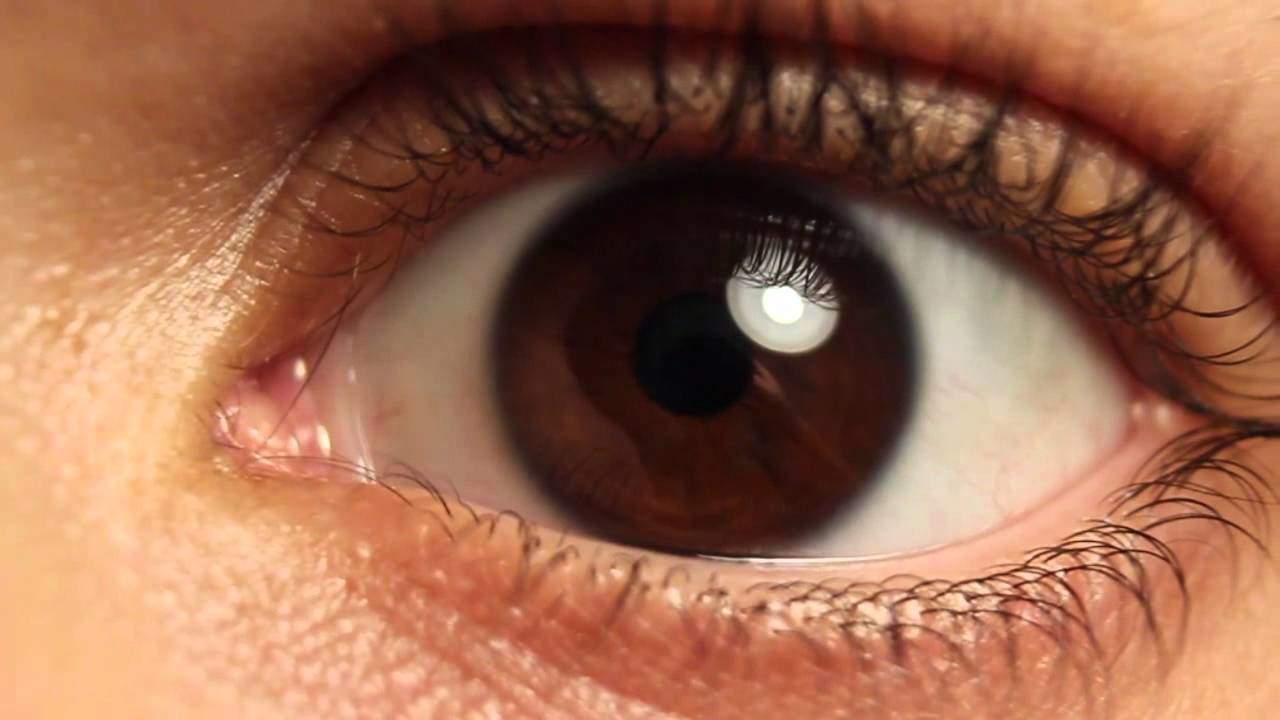Contents:
- Medical Video: Mozart for Babies Brain Development ♫ Classical Music for Sleeping Babies ♫ Baby Sleep Music
- Why do you have to sleep enough so that the child is smart?
- Babies who sleep enough will be intelligent children
- So that children are smart, how long should they sleep every night?
Medical Video: Mozart for Babies Brain Development ♫ Classical Music for Sleeping Babies ♫ Baby Sleep Music
Like a cellphone, human resources need to be refilled. Sleep is a way for humans to rest and restore stamina. Not only that, he said the quality of good sleep plays an important role in educating the child's brain. Is it really necessary to sleep enough so that the child is smart?
Why do you have to sleep enough so that the child is smart?
Sleep does not have a direct effect on children's intelligence. Getting enough sleep does not automatically make the child as smart as Einstein. But the duration of the child's sleep which is enough to make him physically and mentally becomes more ready to face challenges the next day. KThis condition affects the intelligence of children.
When energy decreases and the body starts to get tired, the little one who seems to never get tired of playing often becomes fussy, right? This condition also causes children to no longer be able to concentrate on their activities. This is the time for your little one to sleep. If sleep is sufficient, the child will be refreshed and can play while learning while exploring.
The same is true for children who attend school from morning to noon. After school, tired, he would have difficulty concentrating when asked to repeat the lesson. If forced, maybe the result is nil. It's better to give children the opportunity to rest so that their energy returns.
During sleep all body cells undergo recovery and regeneration, including muscle cells, liver, kidney, bone marrow, and brain cells. Being physically fit and supported by healthier new cells, it's no wonder children will be more enthusiastic in doing things. Moreover, supported by a brain that functions well. In addition, hormones are more actively produced during sleep. This is important to improve the quality and efficiency of the brain's work and facilitate the transport of amino acids from the blood to the brain. Thus, nerve cells are increasingly likely to have permanent knowledge of their nature.
Babies who sleep enough will be intelligent children
Research reported in London in 1998 revealed that babies who sleep a lot, their brain development will be optimal. The reason, sleep activity is one of the stimuli for the process of brain growth and development, it is not surprising that sleep activities affect children's intelligence. This is understandable because 75 percent of growth hormone is produced when the child sleeps.
Sleep well will trigger the release of growth hormone. It is this growth hormone that is responsible for stimulating bone and tissue growth. In addition, growth hormone also allows the body to repair and renew all cells in the body, from skin cells, blood cells, to nerve cells in the brain.
Based on research published by the journal Frontiers in Human Neuroscience, sleep deprivation can change the structure of the myelin sheath. The myelin sheath is one of the important structures in nerve cells that affect nerve cell delivery. In addition, during sleep there is also a process of memory consolidation. This means that new memories will be better embedded when children get enough sleep.
For this reason, it can be concluded that adequate sleep is very important so that children are intelligent and their brain abilities remain optimal. So, do not disturb your baby's sleep if you want your child to grow up smart, because sleeping at night can affect the intelligence of the child.
So that children are smart, how long should they sleep every night?
Babies and children need adequate sleep duration to help their physical and mental development very quickly. The duration of sleep needed so that smart children will vary according to their age.
But generally babies aged 0-3 months need 14-17 hours of sleep a night, while babies aged 4-11 months need 15 hours of sleep. Children aged 1-2 years need 11-14 hours of sleep a day. When the child reaches the age of 3 years, the child's sleep duration decreases. Children aged 3-5 years need to sleep for 10-13 hours a day. The sleep duration that a child needs when he is 6-13 years old is 9-11 hours every day.












